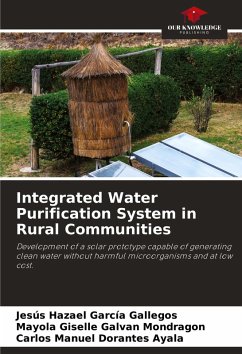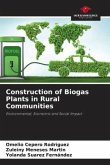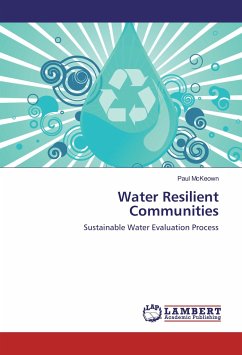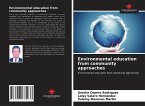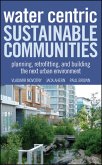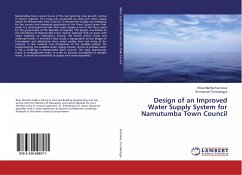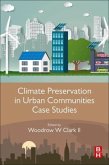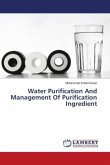Access to clean water is a critical issue affecting numerous communities around the world, especially in rural areas and impoverished regions. The consequences of lack of access to clean water are diverse and profound, affecting the health, economy, education and environment of affected communities. Waterborne diseases: Lack of clean water is directly related to the spread of diseases such as cholera, dysentery, fever, typhoid and diarrhea. According to the World Health Organization (WHO), diarrheal diseases caused by contaminated water kill about 485,000 people each year, many of them children under the age of five. Of those affected by malnutrition, chronic diarrhea and other diseases related to contaminated water can lead to malnutrition, especially in children, due to the continuous loss of essential nutrients and the body's inability to absorb food properly.
Bitte wählen Sie Ihr Anliegen aus.
Rechnungen
Retourenschein anfordern
Bestellstatus
Storno

